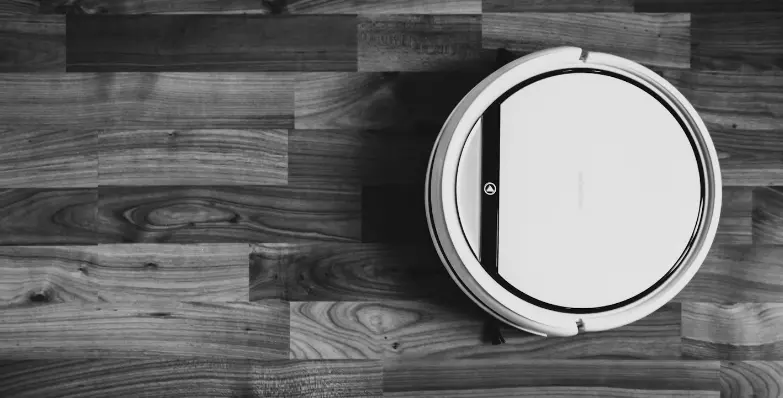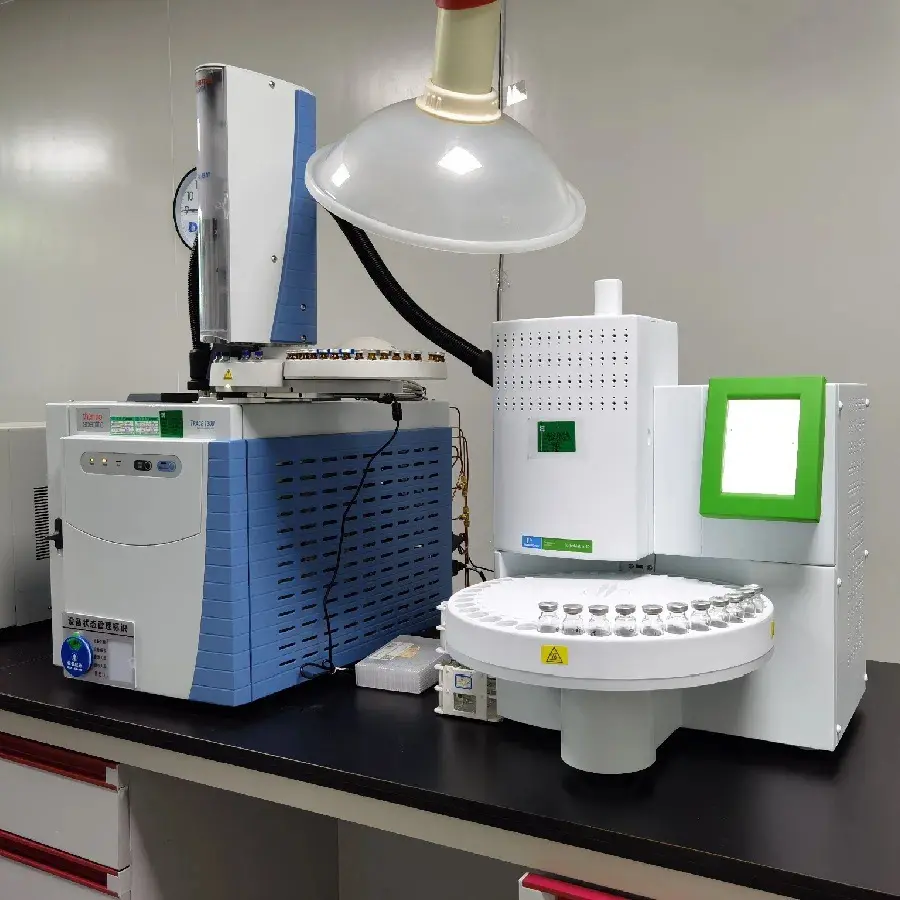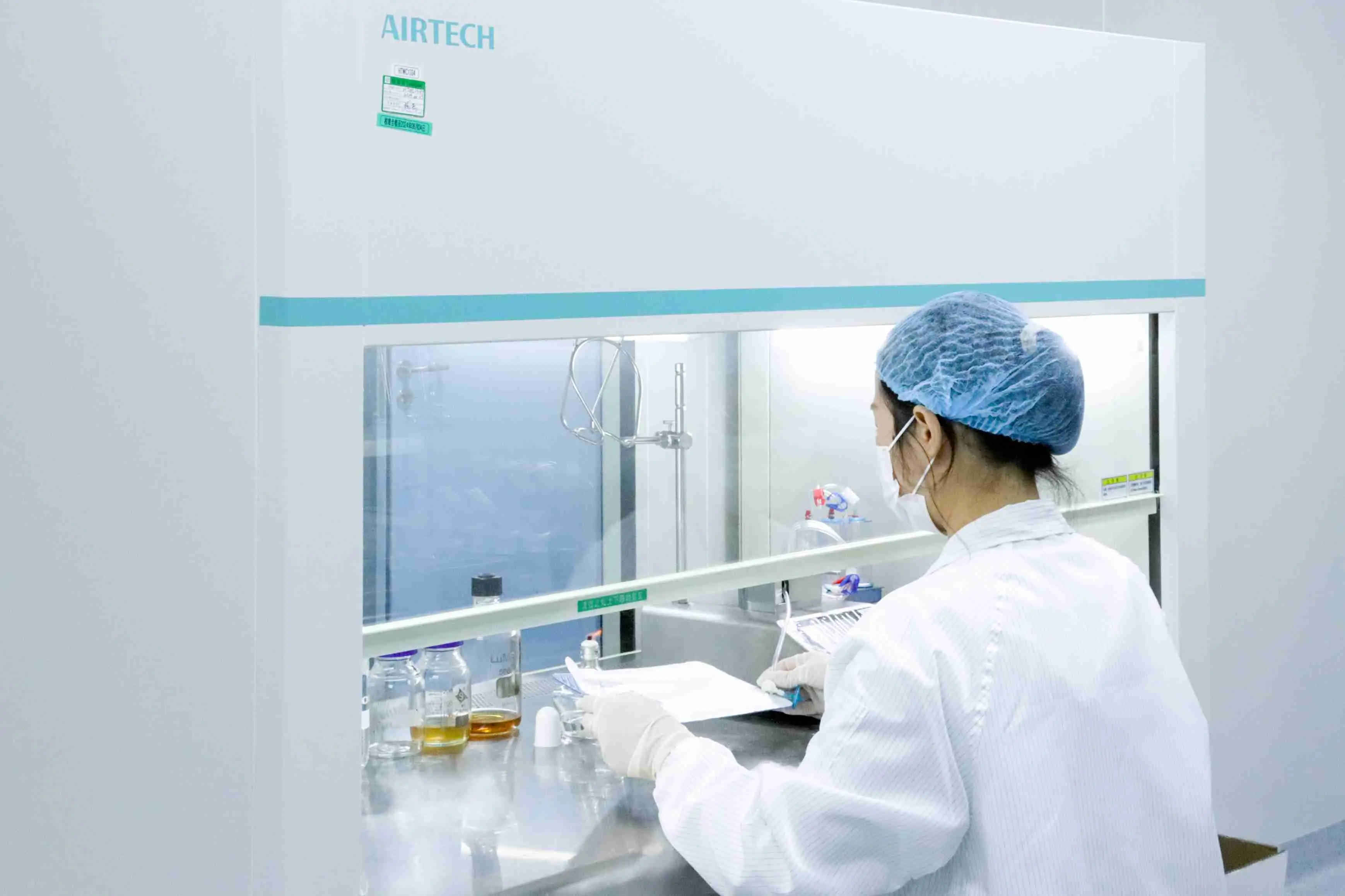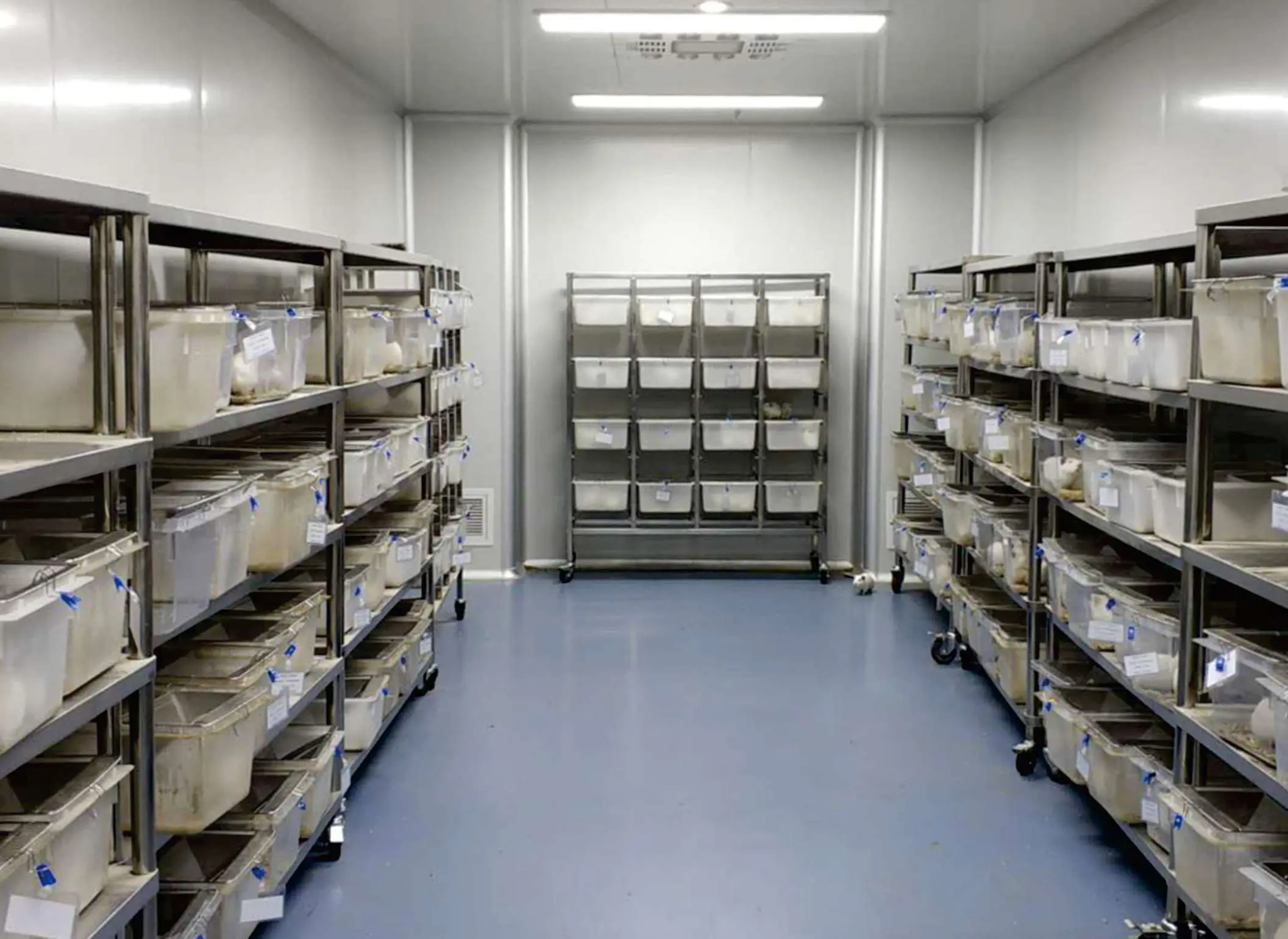
What is Robotic Vacuum Cleaner EMC Testing?
Introduction to Robotic Vacuum Cleaner EMC Testing
Electromagnetic Compatibility (EMC) testing ensures that electronic devices operate without causing or being affected by harmful electromagnetic interference. For smart appliances like robotic vacuum cleaners, EMC testing is not only a regulatory requirement but also a critical step to enhance product competitiveness and safeguard brand reputation.
JJR Laboratory in China, a professional third-party EMC testing organization, offers comprehensive and authoritative EMC testing services for robotic vacuum cleaners, ensuring compliance with global electromagnetic compatibility standards.

Concept and Importance of EMC Testing
Electromagnetic Compatibility (EMC) testing evaluates the performance of electronic devices in electromagnetic environments, including:
- Emission Testing (EMI): Ensures devices do not emit electromagnetic interference into the environment.
- Immunity Testing (EMS): Ensures devices operate normally under external electromagnetic disturbances.
EMC testing for robotic vacuum cleaners ensures these products coexist harmoniously in household environments with other electronics, such as TVs, Wi-Fi routers, and smart speakers, avoiding signal interference and performance degradation.
Specifics of the Tested Samples: Robotic Vacuum Cleaners
Robotic vacuum cleaners, as part of the smart home ecosystem, feature multiple wireless communication functions (e.g., Wi-Fi, Bluetooth) and high-power components such as electric brush heads, motors, and batteries. These characteristics make them a priority for EMC testing. Applicable test samples include:
- Smart robotic vacuum cleaners (with wireless communication modules)
- Traditional robotic vacuum cleaners (without wireless communication modules)
EMC Testing Items and Requirements
1. Electromagnetic Emission Testing (EMI)
- Conducted Emissions (CE): Measures electromagnetic interference conducted through power lines.
- Radiated Emissions (RE): Measures electromagnetic interference radiated through space.
- Harmonics: Detects harmonic components generated when the device uses AC power, per IEC 61000-3-2.
- Voltage Fluctuation and Flicker: Assesses the device's impact on grid voltage fluctuations during operation, per IEC 61000-3-3.
2. Electromagnetic Immunity Testing (EMS)
- Electrostatic Discharge Immunity (ESD): Evaluates the device's resilience to electrostatic discharge from human contact.
- Radiated RF Electromagnetic Field Immunity (RS): Assesses the device's immunity in strong electromagnetic environments.
- Electrical Fast Transient/Burst Immunity (EFT): Tests the device's ability to withstand transient currents on power lines.
- Surge Immunity: Measures the device's tolerance to transient overvoltage caused by lightning.
- Conducted RF Immunity (CS): Evaluates the device's immunity to conducted disturbances on power and signal lines.
EMC Testing Methods
1. Conducted Emission Testing (CE)
- Uses a conducted emission tester and Artificial Mains Network (AMN) to measure interference conducted via power lines.
2. Radiated Emission Testing (RE)
- Conducted in an anechoic chamber using an antenna test system to measure radiated interference.
3. Electrostatic Discharge Immunity (ESD) Testing
- Simulates human static discharge using an ESD generator to test the device's static discharge resistance.
4. Radiated RF Immunity (RS) Testing
- Conducted in a semi-anechoic chamber with an RF signal generator and power amplifier to produce high-intensity RF fields, assessing RF immunity.
EMC Standards and Regulations for Robotic Vacuum Cleaners
Robotic vacuum cleaners must meet standards and regulations in major global markets, including:
International Standards:
- CISPR 14-1:2016 (Electromagnetic emission requirements for household appliances)
- CISPR 14-2:2015 (Immunity requirements for household appliances)
- IEC 61000-3-2:2018 (Harmonic current limits)
- IEC 61000-3-3:2013+A1:2017 (Voltage fluctuation and flicker)
Chinese Standards:
- GB 4343.1:2009 (Electromagnetic emission requirements for household appliances)
- GB 17625.1:2012 (Harmonic current limits)
European and American Standards:
- FCC Part 15B (U.S. electronic equipment certification)
- ICES-003: Issue 6 (Canadian electronic equipment standards)
EMC Test Report Process for Robotic Vacuum Cleaners
1. Initial Consultation: The client provides the test items, standards, and product specifications.
2. Evaluation and Quotation: Quotation based on test items, sample quantity, and specific requirements.
3. Submission of Authorization: The client submits an authorization letter specifying test standards and target markets.
4. Payment and Sample Submission: The client completes payment and submits sufficient samples and technical documentation.
5. Test Scheduling: Testing is performed according to standards, and data is recorded.
6. Report Issuance: A formal test report is prepared based on test data and provided to the client, detailing the product's EMC performance and compliance evaluation.
Email:hello@jjrlab.com
Write your message here and send it to us
 When Can FCC ID Modifications Be Filed?
When Can FCC ID Modifications Be Filed?
 LoRa Certification Testing Laboratory
LoRa Certification Testing Laboratory
 Blood Pressure Monitor Certification Testing Servi
Blood Pressure Monitor Certification Testing Servi
 ECG Device Certification Testing
ECG Device Certification Testing
 Pulse Oximeter Certification and Testing Standards
Pulse Oximeter Certification and Testing Standards
 IVD Medical Device GB 4793:2024 Test Report
IVD Medical Device GB 4793:2024 Test Report
 IECEE CBTL Testing Laboratory for IVD Medical Devi
IECEE CBTL Testing Laboratory for IVD Medical Devi
 China OECD GLP-Certified Laboratory
China OECD GLP-Certified Laboratory
Leave us a message
24-hour online customer service at any time to respond, so that you worry!




